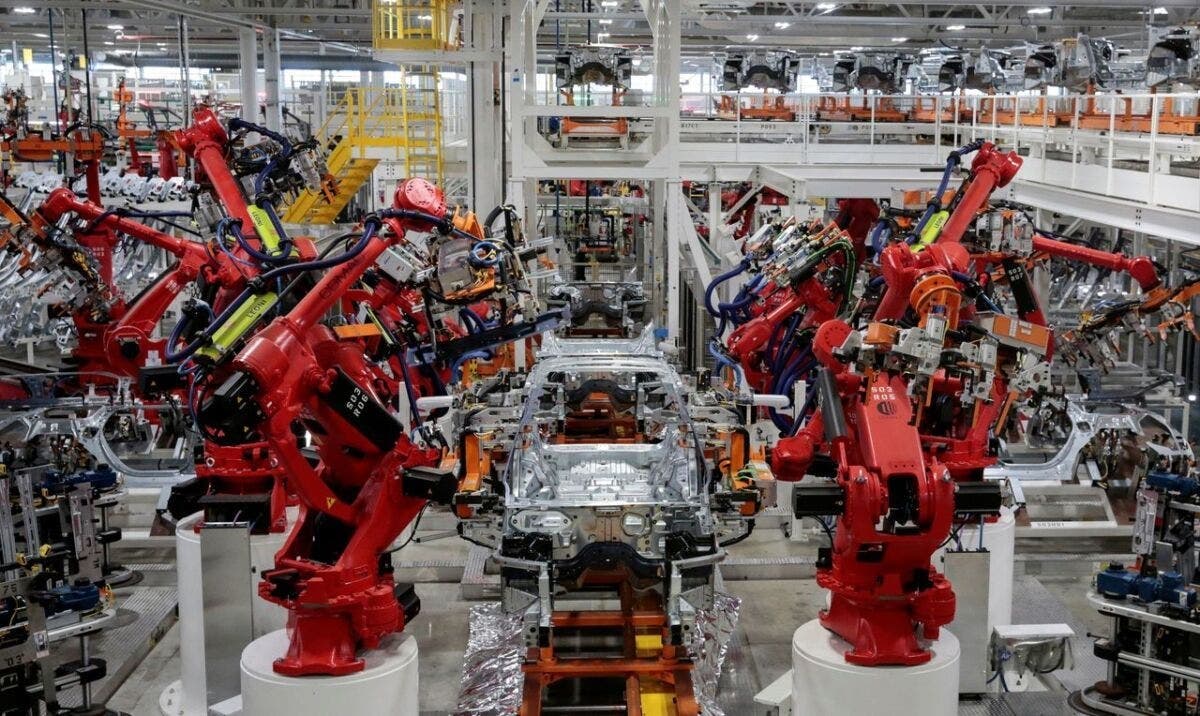The major decision by the Michigan Environmental Protection Agency (EGLE) to grant Stellantis permission to increase emissions at its Detroit plant is still making a lot of “noise” throughout the automotive industry. The decision, which apparently might seem technical, has sparked a very heated debate that goes even beyond the boundaries of the environmental issue. In fact, this issue has even reached topics of social justice, public health, and the role that various institutions play.
Stellantis cleared to increase emissions in Detroit
The Michigan Environmental Protection Agency’s (EGLE) decision to grant Stellantis permission to increase emissions at its Detroit plant has started a heated debate concerning air quality, environmental justice, and economic development in the city that would be affected.
The car company tried to justify this increase in emissions by saying that it was absolutely necessary to install a new odor filtering system. However, this, although it improves air quality, equally generates an increase in fine particulate matter (PM 2.5). These would be tiny particles that are very harmful to the health of humans, consequently generating a very negative impact on the population, even more so for those suffering from respiratory diseases of various kinds.

The Stellantis Group continues to ensure that everyone is complying with regulations governing air quality. Despite this, Wayne County is continuing to experience ever-increasing levels of pollution. An event that, of course, alarms local people, fearing that it could get even worse.
Stellantis promises to invest for the community
EGLE’s decision followed several months of debate and protests by residents, who wanted to highlight how increased emissions in neighborhoods that are generally inhabited by marginalized groups is a form of environmental discrimination. Although Stellantis promised to invest for the community in issues such as planting trees and creating new jobs, this did nothing to calm the heated tempers of local people.
The issue that is most discussed within this debate is that of the great difficulty in being able to reconcile the needs of industrial development with the protection of public health and the environment. Indeed, we see on the one hand Stellantis certainly being a very important economic engine, providing jobs and contributing to local economic development. On the other hand, however, we see that the company’s activities are highly polluting and endangering the health of people living around the plants, on this occasion at the one in Detroit.
EGLE’s decision to authorize the increase in emissions has only increased the questions and doubts there are about the ability of various institutions to properly balance economic interests with community needs, which are also of a very different kind. Critics of the industry also argue that government agencies often set about to prioritize corporate interests over the health of citizens. A situation that leaves everyone with bated breath at the moment, we will surely know in the coming weeks how Stellantis will proceed in this important respect in Detroit. The hopes are that the company collaborates with the various institutions to be able to strike the right balance and work for the interests of all.
